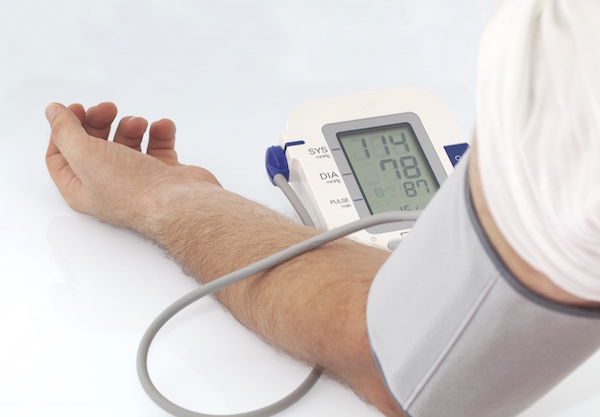FRIDAY, June 17, 2016 (HealthDay News) — Living near an airport isn’t just hard on your hearing, it may also be hard on your heart, new research suggests.
“The volume of air traffic has skyrocketed since jet-powered planes were introduced in the 1960s,” said study author Marta Rojek, a researcher at Jagiellonian University Medical College in Krakow, Poland. “According to the International Civil Aviation Organization, there were 64 million take-offs and landings in 2013 and this figure is set to double in the next 20 years.”
“The steady growth in air traffic and expansion of airports, along with the development of residential areas near airports, has led to more people being exposed to aircraft noise,” Rojek said in a European Society of Cardiology news release.
She added there is emerging evidence that exposure to aircraft noise may increase the risk of high blood pressure, especially at night. There’s also some data that suggest hospitalization for heart disease and stroke may increase with exposure to airplane noise, she said.
The new study included 201 people between the ages of 40 and 66. Approximately half lived in an area with high levels of aircraft noise for more than three years. The other group had low exposure to aircraft noise for more than three years.
People in high-noise areas were more likely to have high blood pressure — 40 percent vs. 24 percent. People exposed to more aircraft noise were also more likely to have heart damage, the study showed.
Although the study wasn’t designed to prove cause-and-effect, the “results suggest that living near an airport for three years or more is associated with an increased risk of high blood pressure and hypertension. These changes may then lead to damage of the aorta and heart which could increase the risk of having a heart attack,” Rojek said.
“More work is needed to enforce laws on exposure to aircraft noise as it is detrimental to our health. We also need further research to understand how the damage occurs and whether it can be reversed,” she concluded.
The findings were presented recently at the European Society of Cardiology meeting in Sophia Antipolis, France. Studies presented at meetings are typically considered preliminary until they’ve been published in a peer-reviewed journal.
More information
The World Health Organization has more about excessive noise.
Copyright © 2026 HealthDay. All rights reserved.

